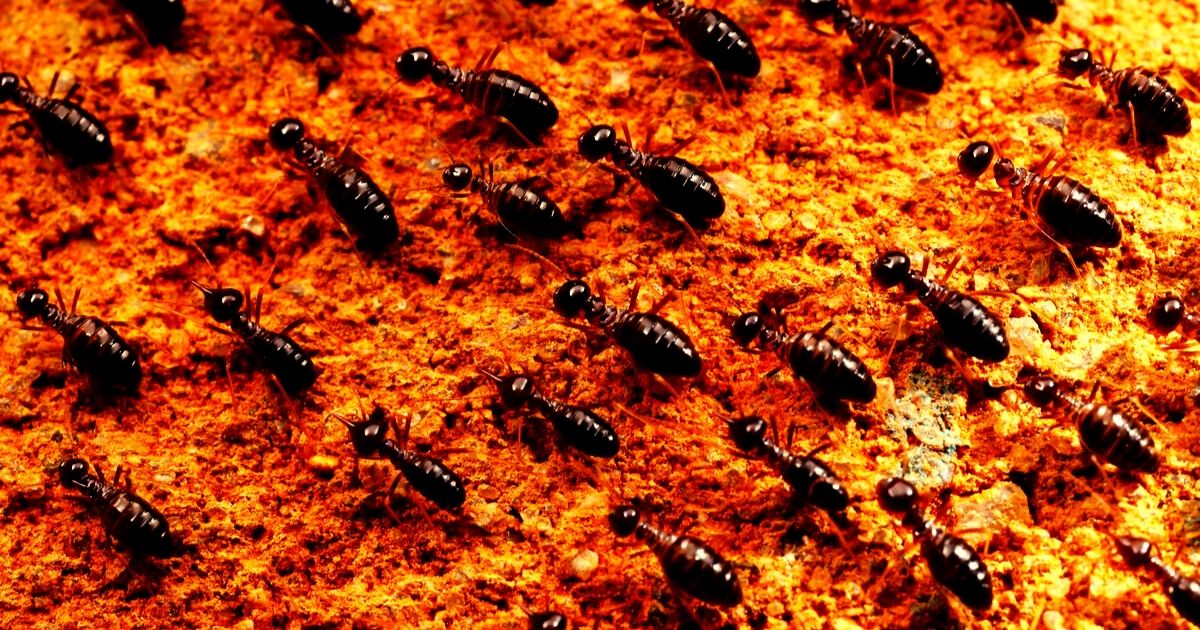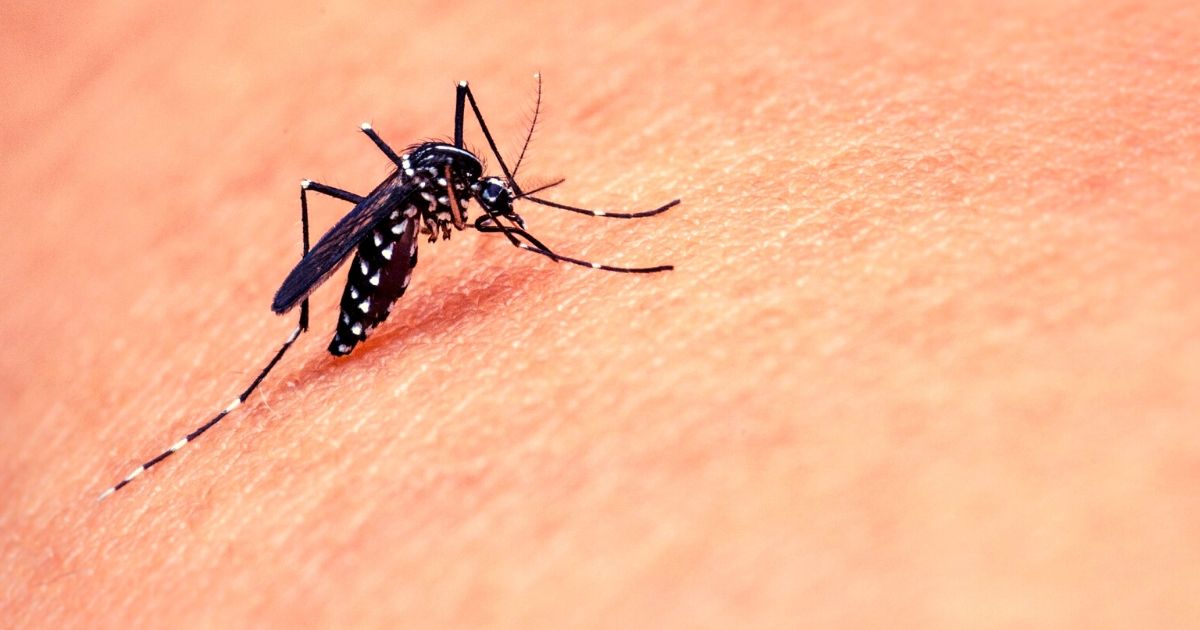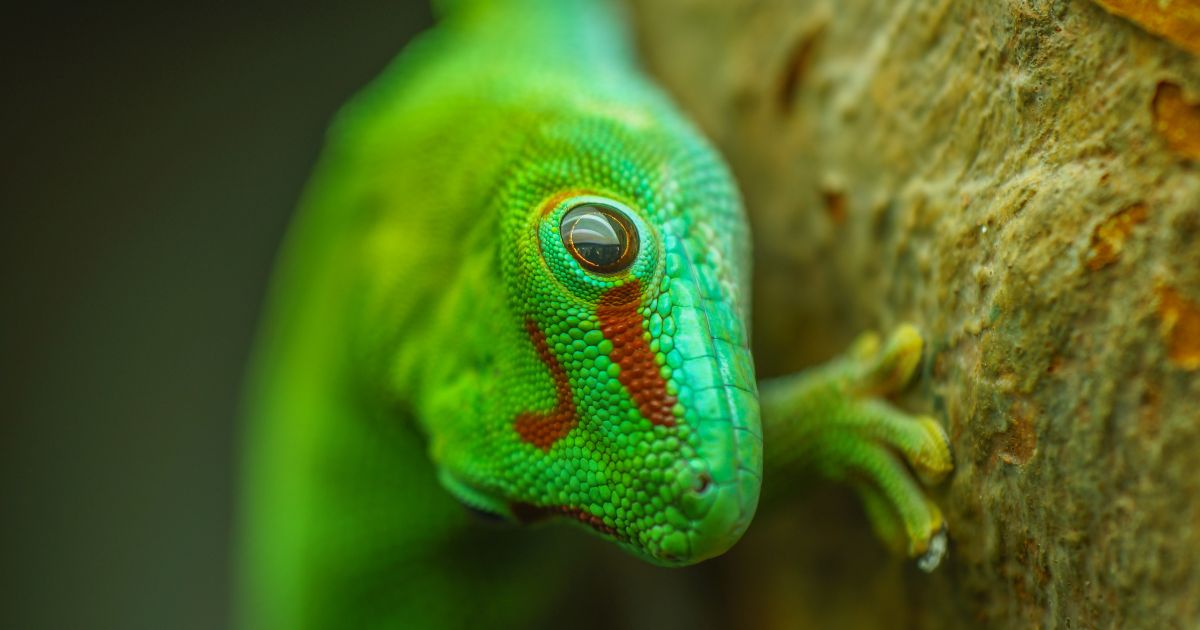Industry Inside: Pest Control in Condominiums
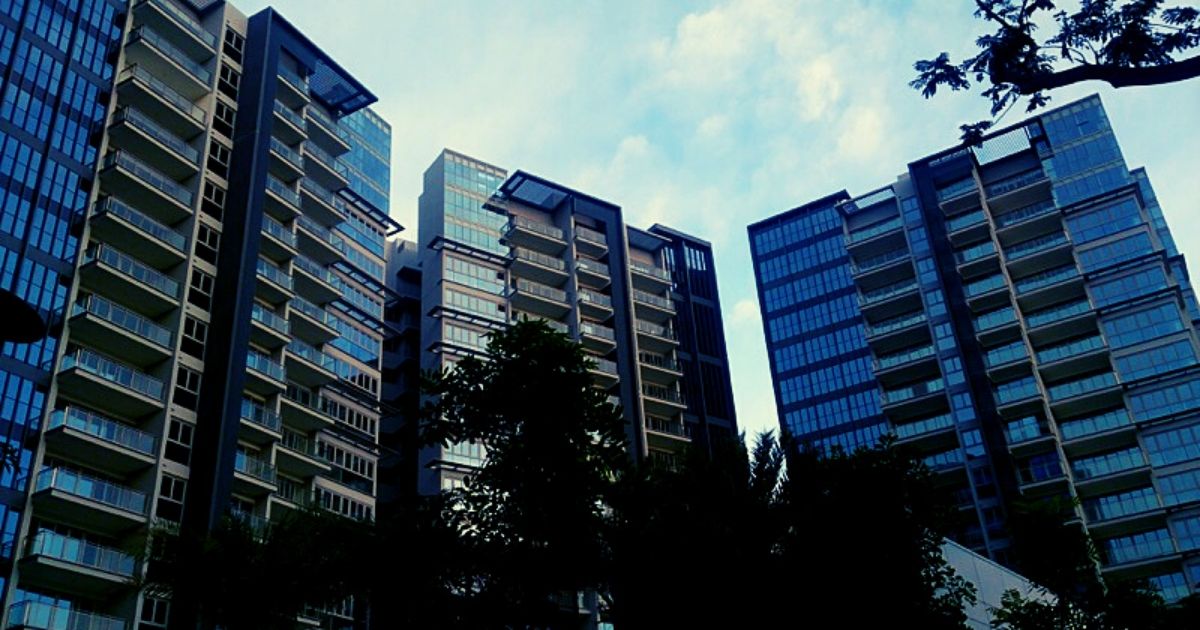
Many condominiums in Singapore have full facilities, which means there are many different places for pests to roost such as swimming pools, BBQ pits and function rooms.
Why Condos Need Pest Control?
Pest control in condominiums is essential to ensure a clean, healthy, and comfortable living environment for residents. Here are some reasons why is it important to implement pest control measures in condominiums:
- Condos have shared spaces, i.e. walls, floors, and ceilings, so an infestation in one unit can quickly spread to others, making proactive pest control crucial to prevent widespread issues.
- Dense living conditions in condominiums can lead to increased waste generation, which attracts more pests like rodents, insects, and bedbugs.
- Food sources in kitchens and dining areas can also attracts more pests.
- Hidden, crawl spaces, and common areas that pests can use as breeding sites and hiding spots.
- Pests like termites and carpenter ants can damage the structural integrity of the building over time. Routine pest control in condominiums helps prevent costly structural repairs.
- Pest infestations can negatively impact the resale value and reputation of a condo complex.
- Condos may be subject to local regulations and health codes that require effective pest control measures to ensure a safe living environment.
- Diseases can spread from a pest infestation, and proper pest control safeguards the well-being of condo occupants.
Pro Tip: To prevent infestations in condos, it's essential to establish proactive pest control measures and conduct regular inspections.
How Infestations in Condos Arise?
Infestations in condos can arise due to a combination of factors unique to shared living environments. Shared spaces and walls make it easy for pests to move between units. Neglected condo maintenance, sanitation issues, and improper food/waste management create attractive environments for pest infestation. Pests can also spread from neighboring units, common areas, or due to structural vulnerabilities.
Swimming Pools
Swimming pools are attractive to pests because of the water and possible fungal growth. Midges are a common threat.
A small bug that resembles a mosquito, midges lay their eggs in the water and live for a period of time in their aquatic habitat.
They often emerge in large swarms, and can be hard to detect until they start to fly. Chemicals should not be used to remove them as they are also poisonous to the people who would swim in the pool.
Instead, condominiums should practice proper pool maintenance. A pool skimmer should be used to clean the top and remove any bugs or larvae. Chlorine should be added on a balanced schedule, and filters should be activated and cleaned regularly.
Gyms and BBQ Pits
Other parts in the condominiums where pests can manifest are the gym and BBQ pits.
Gyms, already ripe with bacteria and damp from sweat, have lots of hiding places for pests, especially in locker rooms and under mats. BBQ pits, where people make food and eat, can attract pests as well.
As with most places, proper sanitation and hygiene are crucial for keeping bugs and animals out. Residents should clean up any wrappers, crumbs, and leftovers they might have with them. Food should not be brought into the gymnasiums, and workers should clean the floors each night. Residents should keep their lockers clean.
If ants are a problem, the employees should spray ant hills and dispose of the chemicals properly. However, if there is an infestation, it is recommended that professional pest control providers such as Killem pest should be called to prevent further infestation.
Want to find out more about condo pest management in Singapore?
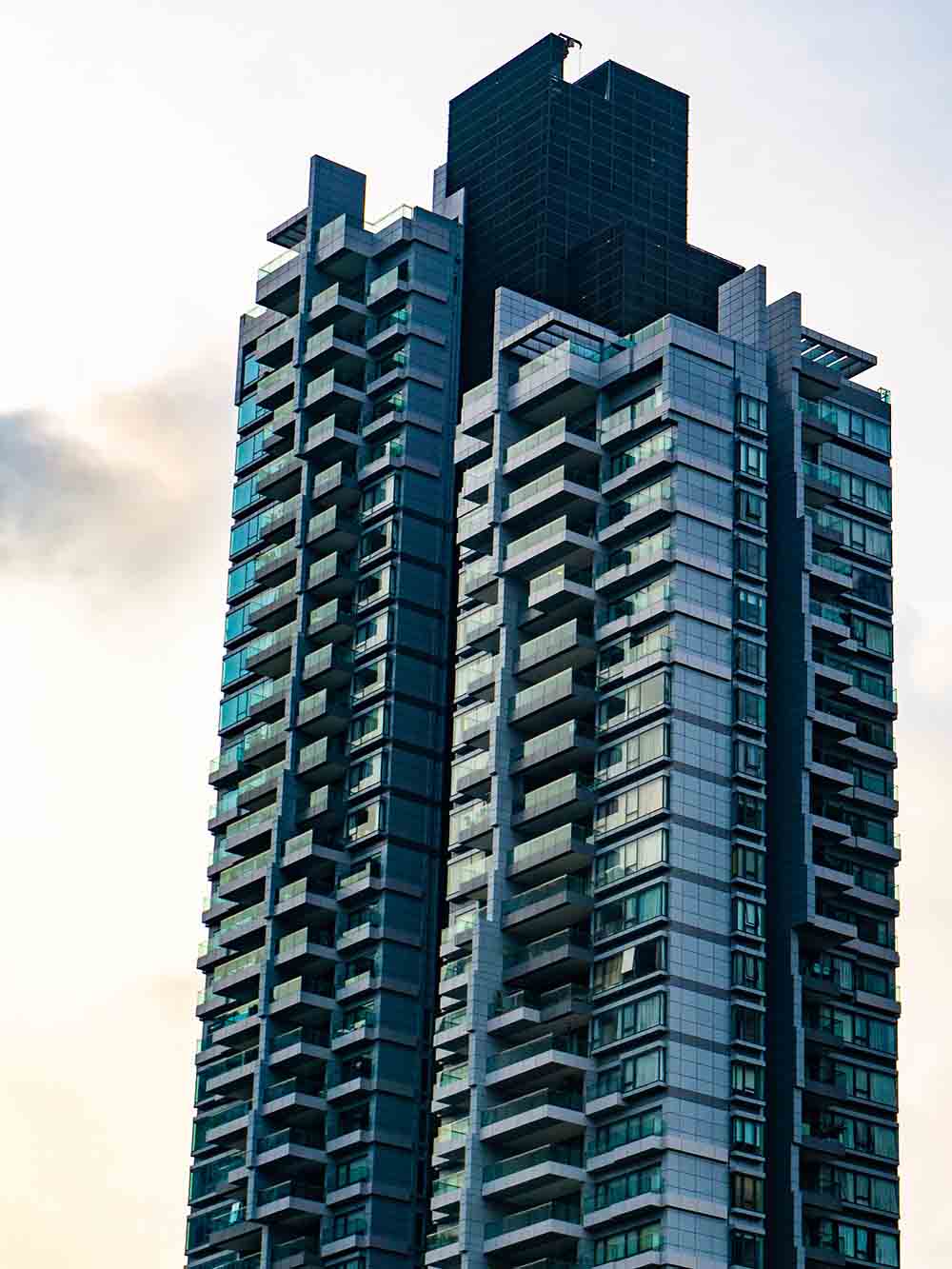
Function Rooms
As with gyms and BBQ pits, the same rules to Function Rooms. Residents and employees should make sure any food is covered and properly stored or disposed so pests are not attracted to it. Crevices and entryways into buildings should be properly sealed and sprayed if pests continue to find their way in.
Residents, when going in public areas, should make sure their bags are clean and check for bugs if returning from a garden, long-grassed area, or woods. As with other places, if there are pipes through which water is transported, they should be checked for leaks and repaired as soon as possible.
Finally, the owners of the condominium should make sure these public areas are cleaned frequently by experienced staff who will scrub the rooms.
Condominiums are one of the most likely places to become infested because they are so populated. When people come into contact frequently, it is easier to spread communal pests. Disease spreads quickly, meaning pests should be removed as fast as possible. Due to the size of the buildings, there are lots of locations for them to live.
Pest control providers such as Killem Pest should be engaged at least on a monthly basis to ensure that condominiums are kept pest free. For more information on how we can help visit our residential pest control page.
Preventing Infestations: Tips for Condo Tenants
Condo tenants can take several proactive steps to avoid infestations and maintain a pest-free living environment:
- Regularly clean living spaces, wipe down surfaces, and promptly dispose of food scraps and waste.
- Store food in airtight containers and keep countertops clean to eliminate food sources that attract pests.
- Properly seal and dispose of trash in designated bins, keeping them clean and free of leaks.
- Minimize clutter, as piles of items create hiding spots for pests.
- Seal gaps, cracks, and openings around doors, windows, and pipes to prevent pests from entering.
- Notify property management about any maintenance or pest concerns promptly.
- Thoroughly inspect secondhand furniture, clothing, or items before bringing them into the condo.
- Regularly clean and unclog drains to prevent stagnant water that can attract pests.
- Keep outdoor areas tidy to discourage pests from breeding nearby.
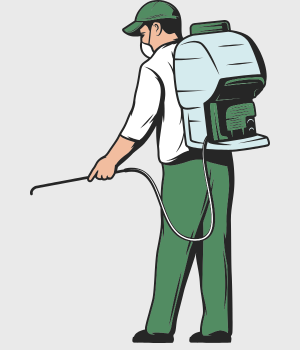
Pest Problem? Let Us Help.
We offer fast and effective precision treatments to eliminate pests while ensuring a safe environment for your home or business.
Frequently Asked Question
Cockroaches, rodents, midges, ants, termites, spiders and bed bugs are among the common condo pests. Depending on the season you can also face wasps, hornets, ladybugs or fruit flies in your condos.
Pests can enter the condo from nearby properties, through the garbage, with deliveries, through pipes and gaps in the building, or with the belongings of people living in the building.
To prevent pest infestation, maintain cleanliness in your apartment, regularly dispose of the trash, check your apartment for cracks, gaps, and other possible ways for pests to enter your home, and clear the clutter around your home.


